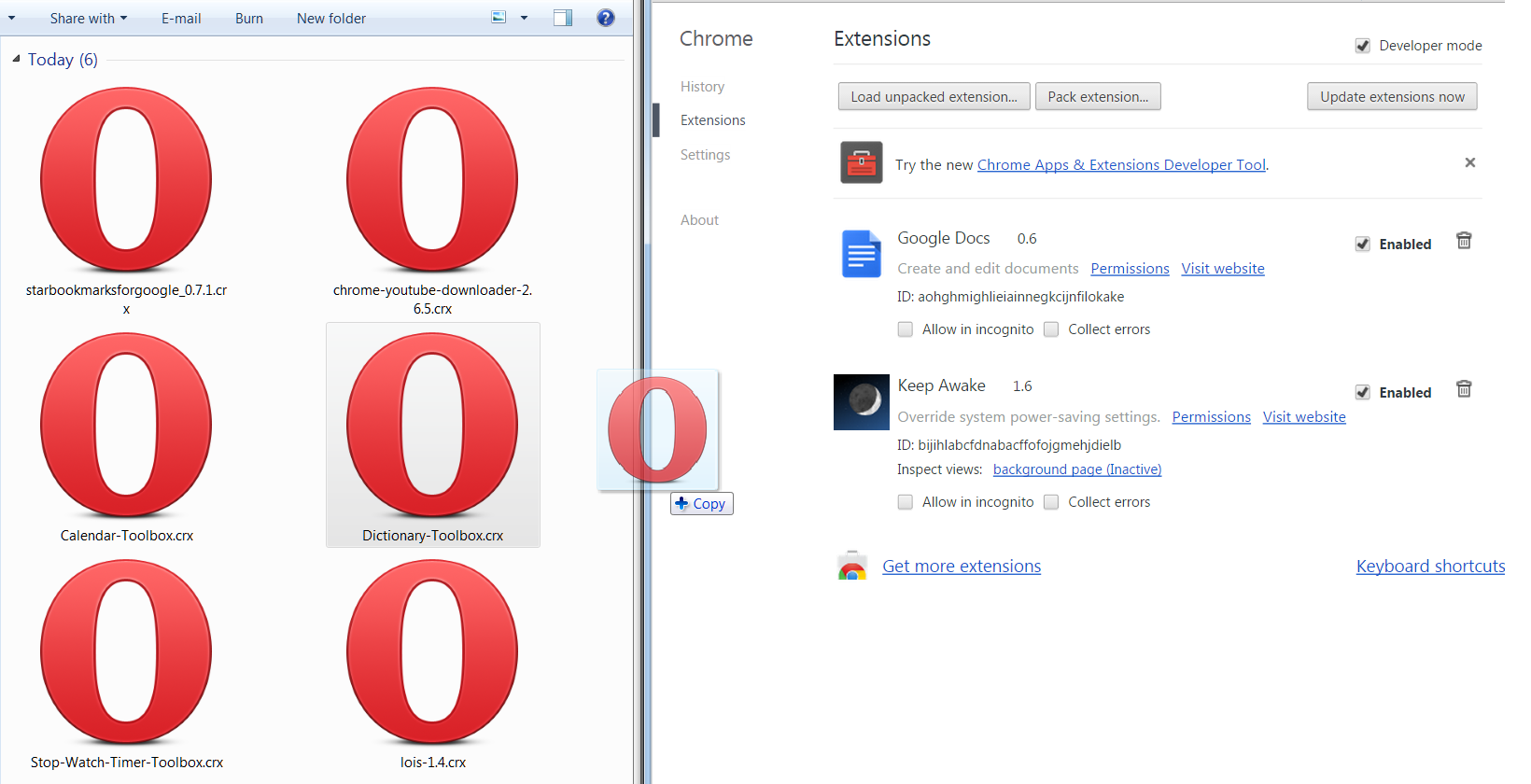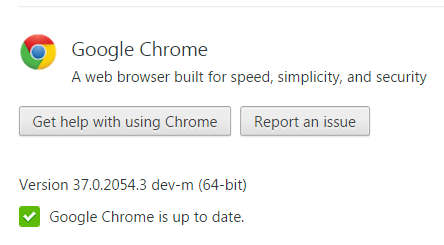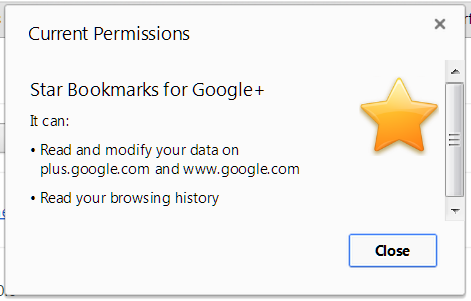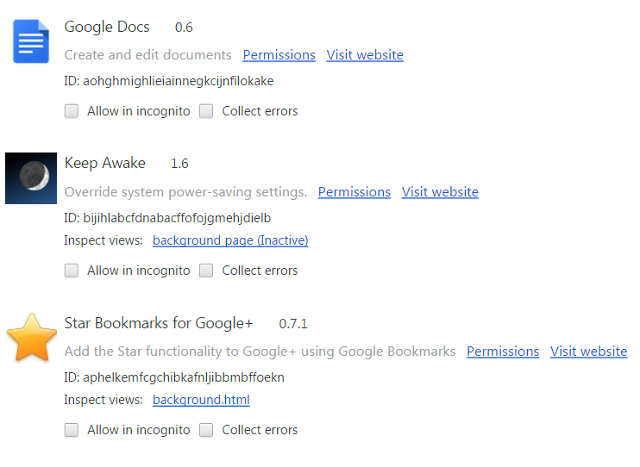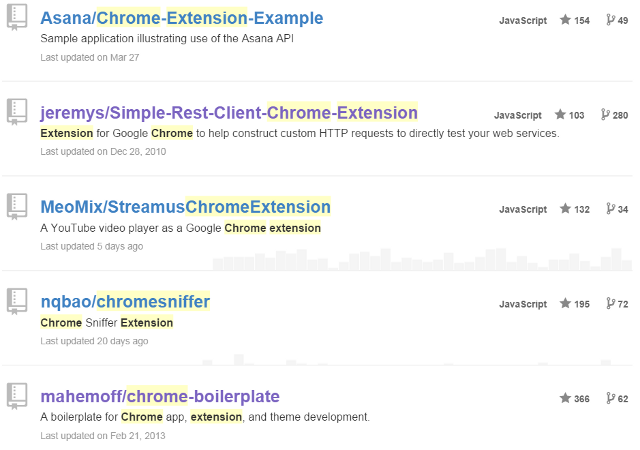Google recently decided to disable the installation of Chrome extensions from third-party websites. This was an expected and arguably necessary change, as such extensions could prove a serious security risk that's entirely outside of Google's hands, but some users still want to install extensions from sources other than the Chrome Web Store. Here's how to do it.
An Introductory Note
Before we get into these instructions, I want to remind you why Google disabled this feature in the first place. Browser extensions, like other programs and extensions, can be a security threat if they behave badly. At the least they can be annoying, serving up extra advertisements that wouldn't normally appear. At the worst, well -- imagine whatever your personal worst-case scenario might be.
What You Need To Do First
Google's policy is aggressive enough that simply trying to install a .crx file manually to a regular version of Chrome doesn't work. The browser will notice it's not in the Chrome Web Store and disable it automatically.
This doesn't happen, however, if you download the developer version of Google Chrome. You need to grab Chrome from the "dev channel" on the page just linked. Installation is just as normal, but once installed open the menu and go to "About Google Chrome." The up to date message should now show a version number that ends with "dev-m."
Now once again open the menu, and go to Tools-> Extensions and in the extensions page check "developer mode." And that's it – you're now ready to install the extensions.
Installing The Extension
Once you've set up the installation, actually adding the extension is easy. All you need to do is drag-and-drop the .crx file from a folder into the Extensions page. You will receive a permissions pop-up which looks like the one below.
Pay attention to that, since it tells you what the third-party extension can access. There could be some information in there that you don't want a third party to have, like browsing history (shown above). You'll need to perform some self-interested risk analysis to decide if the usefulness of the extension outweighs the security risk presented by its permissions.
And that's it. The extension should start working immediately; in some cases you may need to go to the Extensions page and click on the "Options" area of the extension to perform final setup.
With this said, my experience installing third-party extensions hasn't been the most fruitful. Many third-party Chrome extensions do not install correctly or don't do what they should once they're installed. Of the extensions I hunted down to test, I experienced a 40% rate of success. In other words, be prepared for some frustration; many third-party extensions have been abandoned by their developers or never worked properly in the first place.
Where To Find Extensions
As you can see, actually installing a third party extension is still simple. The hard part is finding extensions. Here are four sources where I found a variety of .crx extensions.
Chrome Extensions: A somewhat unreliable site that has some working extensions on it. The selection is broad, and many of the extensions useful, but the site doesn't do much to let you know which are up-to-date and still working.
Github: Searching Github for Chrome Extensions turns up a large number of results. Most of the extensions here are "unpacked" meaning they're not in .crx format. You'll have to use the "Load unpacked extension" option to add them.
Reddit: Reddit's /r/chrome_extensions forum is not particularly popular, but it does include some extensions on it that may be of interest. As with Github, some of the extensions found here will be unpacked.
CNET Downloads: The majority of the extensions here are official, so CNET simply re-directs you to the Chrome Web Store. A few third-party options do exist; you'll know them because they'll have a download link instead of a "visit site" button.
You can also try visiting any Chrome extension developer forum, where folks share their works in progress. Of course, these are even more likely than normal to be unstable, so use them at your own risk.
Tell Us About Great Third-Party Extensions
To be frank, Google's move to make the Chrome Web Store the only source for extensions has been an effective way of killing off third-party extensions. My sense of the third-party scene is that it's scattered and unreliable, at best; many developers have simply taken the path of least resistance and signed up with the official store.
Still, if you want to install a third-party extension, this is how you do it. Good luck, and if you find any alternative methods, or any sites that have a great selection of third-party apps, be sure to leave a comment! What has your experience been of third-party extensions? Any horror stories? Do tell.

